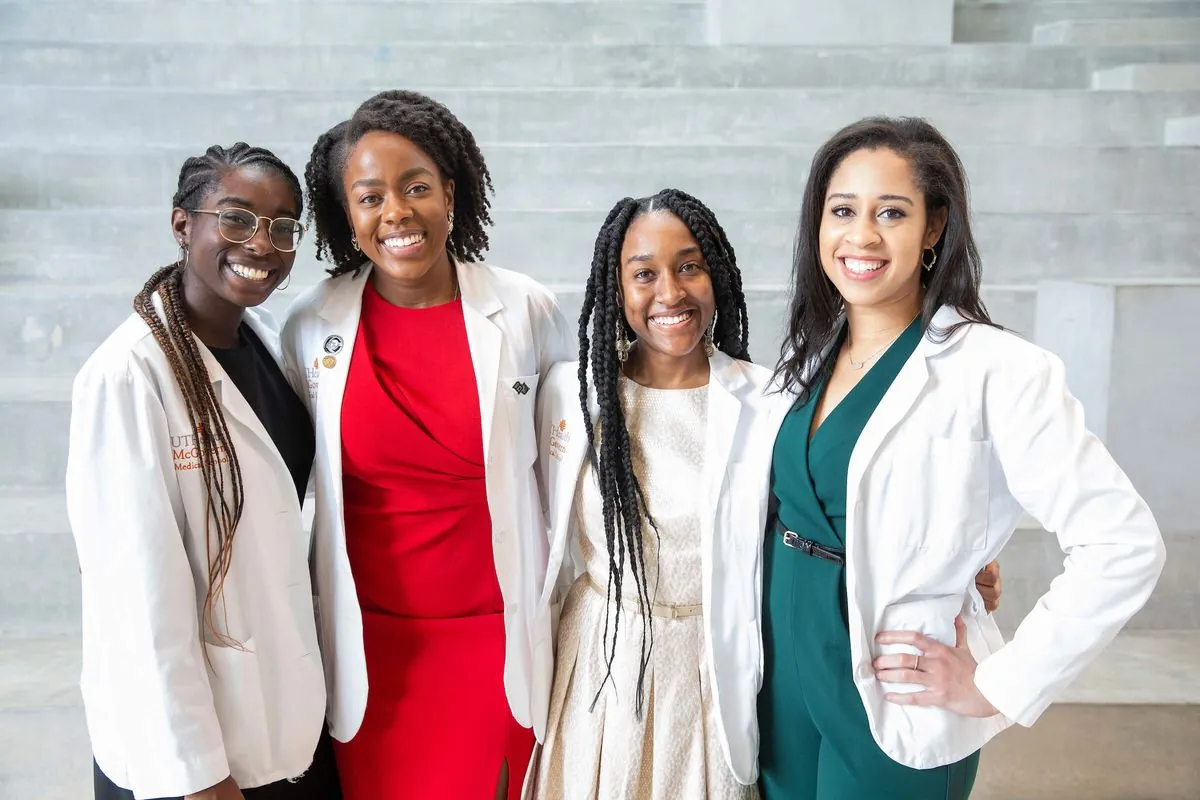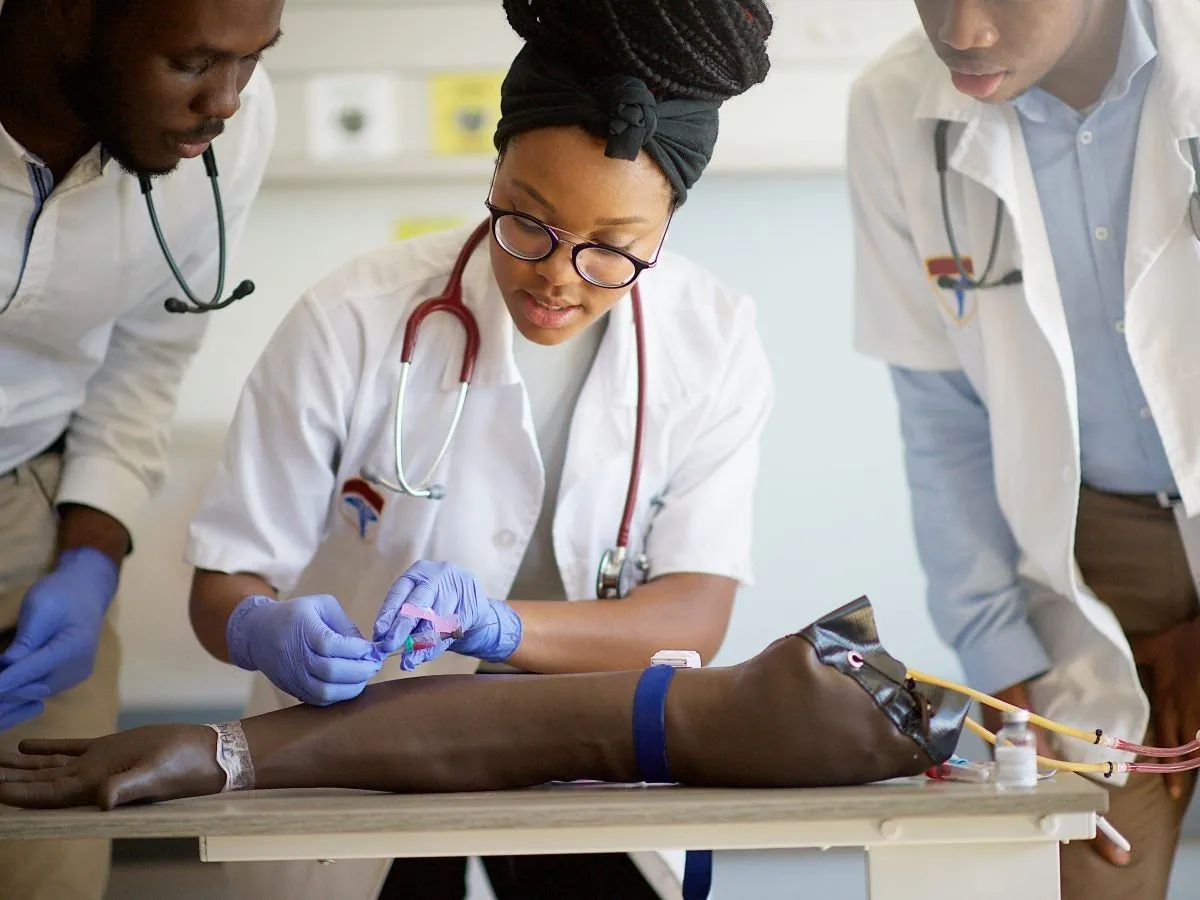Bloomberg's $600M Boost to Black Medical Schools Aims to Reshape Healthcare
Bloomberg Philanthropies donates $600 million to four historically Black medical schools, doubling endowments and addressing healthcare disparities. The gift supports a new medical school and continues recent trend of major HBCU donations.

Bloomberg Philanthropies has made a groundbreaking $600 million donation to four historically Black medical schools, marking a significant milestone in addressing healthcare disparities and underrepresentation in the medical field. This substantial gift will more than double the endowments of three of the four recipient institutions, providing a strong endorsement of their mission and potential impact.
The donation is distributed as follows: $175 million each to Howard University College of Medicine, Meharry Medical College, and Morehouse School of Medicine, with Charles R. Drew University of Medicine & Science receiving $75 million. These four institutions are responsible for graduating approximately half of the Black doctors in the United States, highlighting their crucial role in diversifying the medical profession.
This generous contribution is part of a recent trend of major donations to Historically Black Colleges and Universities (HBCUs). Earlier this year, Spelman College announced a record $100 million gift, while the United Negro College Fund received its largest unrestricted donation of $100 million. These donations come after years of financial struggles for many HBCUs, which have historically received less funding compared to predominantly white institutions.

The significance of this donation cannot be overstated, considering that only about 5% of active physicians in the United States identify as Black or African American. This underrepresentation has persisted despite efforts to increase diversity in the medical field, with the Association of American Medical Colleges reporting that the number of Black male applicants to medical schools has remained stagnant for nearly four decades.
Mike Bloomberg, founder of Bloomberg Philanthropies, emphasized the importance of this initiative: "We have much more to do to build a country where every person, regardless of race, has equal access to quality health care — and where students from all backgrounds can pursue their dreams." He added that this donation "will empower new generations of Black doctors to create a healthier and more equitable future for our country."
In addition to supporting existing institutions, the donation includes $5 million to help establish the Xavier Ochsner College of Medicine, a new medical school in New Orleans. This initiative aims to increase the number of historically Black medical schools, which had dwindled from 14 to just four over the years.
"Endowment support has been an area of underinvestment for HBCUs, but today's gift is an extraordinary vote of confidence in the lasting benefit of such support."
This donation builds upon Bloomberg Philanthropies' previous contributions to these institutions, including a $100 million gift in 2020 and an additional $6 million in 2021 to support COVID-19 vaccination efforts in their local communities. It also follows Bloomberg's recent $1 billion donation to Johns Hopkins University, which will make medical school free for most students and increase financial aid for various graduate programs.
The impact of this donation extends beyond the immediate financial boost. It addresses the significant barrier of medical school debt, which averaged over $200,000 for graduates in 2023. By strengthening these institutions' endowments, the gift aims to make medical education more accessible and reduce the financial burden on future Black doctors.
As HBCUs continue to play a crucial role in educating Black professionals, producing nearly 20% of all African American graduates despite making up only 3% of colleges and universities, this donation represents a significant step towards addressing long-standing inequities in both education and healthcare. It offers hope for a future where the medical profession more accurately reflects the diversity of the population it serves.


































